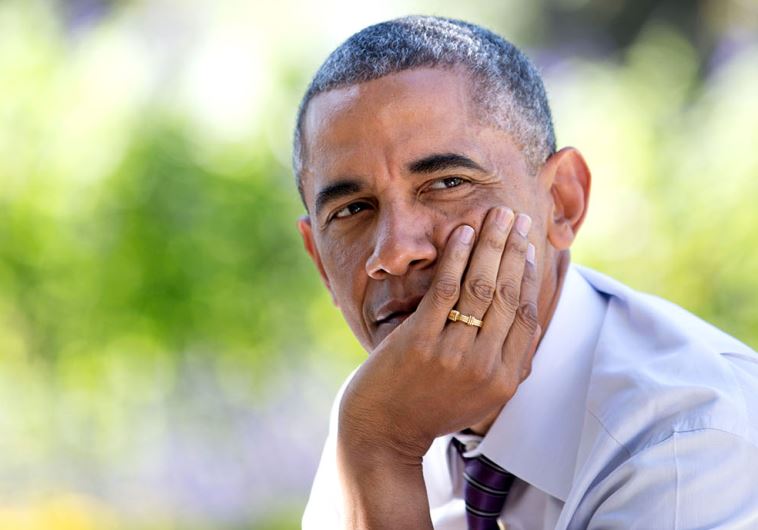Obama’s insinuations of Jewish influence and interference
Obama's words easily lend themselves to damaging misinterpretation and perverse anti-Jewish archetypes.
 US President Barack Obama at the Rose Garden of the White House(photo credit: OFFICIAL WHITE HOUSE PHOTO / PETE SOUZA)
US President Barack Obama at the Rose Garden of the White House(photo credit: OFFICIAL WHITE HOUSE PHOTO / PETE SOUZA)